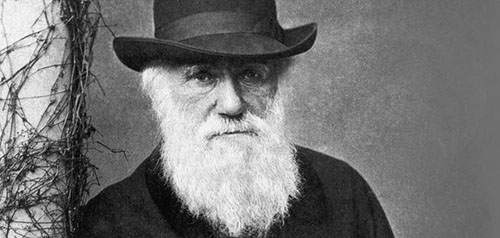There are many people who find such great talent, who completely changed human history. Benjamin Franklin, Thomas Edison, Nicholas Tesla, Albert Einstein’s greatest discoveries have played a major role in human history. Here is a list of famous scientists who have made such a great invention.
Isaac Newton
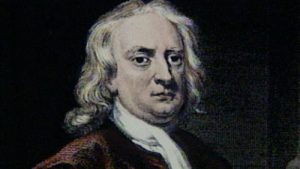
Isaac Newton was born in the middle of the 17th century. He was an English mathematician, physicist, astronomer, theologian, and author who is widely recognized as one of the most influential scientists of all time, and a key figure in the scientific revolution. Newton formulated the laws of motion and universal gravitation that formed the dominant scientific viewpoint until it was superseded by the theory of relativity.
Charles Babbage
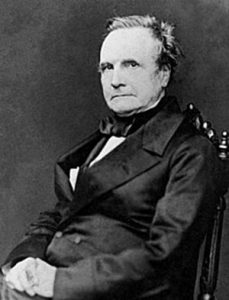
Charles Babbage was an English polymath. A mathematician, philosopher, inventor and mechanical engineer, Babbage originated the concept of a digitally programmable computer. Considered by some to be a “father of the computer”, Babbage is credited with inventing the first mechanical computer that eventually led to more complex electronic designs, though all the essential ideas of modern computers are to be found in Babbage’s analytical engine. His varied work in other fields has led him to be described as “pre-eminent” among the many polymaths of his century.
Michael Faraday
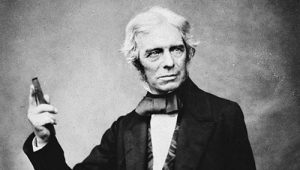
Michael Faraday was a British scientist who contributed to the study of electromagnetism and electrochemistry. His main discoveries include the principles underlying electromagnetic induction, diamagnetism, and electrolysis. His inventions of electromagnetic rotary devices formed the foundation of electric motor technology, and it was largely due to his efforts that electricity became practical for use in technology.
Charles Darwin
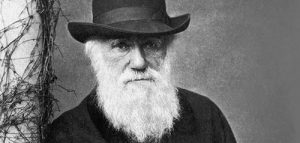
Charles Darwin was an English naturalist, geologist, and biologist, best known for his contributions to the science of evolution. His proposition that all species of life have descended over time from common ancestors is now widely accepted and considered a foundational concept in science. In a joint publication with Alfred Russel Wallace, he introduced his scientific theory that this branching pattern of evolution resulted from a process that he called natural selection, in which the struggle for existence has a similar effect to the artificial selection involved in selective breeding.
Alexander Graham Bell
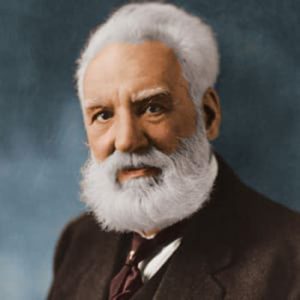
Alexander Graham Bell was a Scottish-born scientist, inventor, engineer, and innovator who is credited with inventing and patenting the first practical telephone. He also founded the American Telephone and Telegraph Company (AT&T) in 1885. Many other inventions marked Bell’s later life, including groundbreaking work in optical telecommunications, hydrofoils, and aeronautics.
Charles Lindbergh
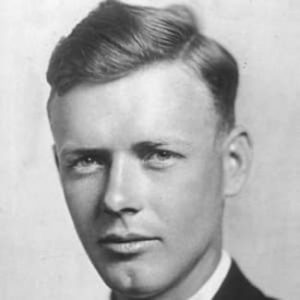
Charles Lindberg was an American aviator, military officer, author, inventor, explorer, and environmental activist. At age of 25 in 1927, he went from obscurity as a U.S. Air Mail pilot to instantaneous world fame by winning the Orteig Prize: making a nonstop flight from Roosevelt Field, Long Island, New York, to Paris, France. Lindbergh’s invention, a glass perfusion pump, named the “Model T” pump, is credited with making future heart surgeries possible.
Carl Magee
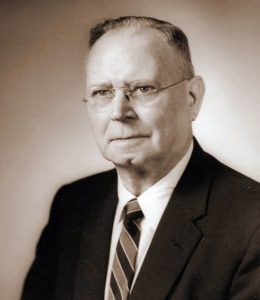
Carlton Cole Magee was an American lawyer and publisher. He also patented the first parking meter which was installed for use. He was born in Iowa. Magee graduated from Upper Iowa University in 1896. Magee founded the Magee’s Independent in 1922, which would change its name to the New Mexico State Tribune in 1923 and to the Albuquerque Tribune in 1933. The Tribune became defunct in 2008. Magee was important in bringing the Teapot Dome Scandal to the fore.
Dean Kamen
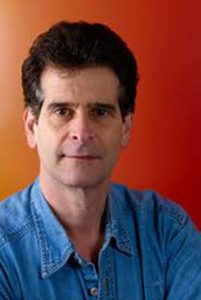
Dean Kamen is an American engineer, inventor, and businessman. He is best known for his invention of the Segway, as well as founding FIRST with Woodie Flowers. Born to a Jewish family in Long Island, New York, he attended Worcester Polytechnic Institute but dropped out before graduating after five years of private advanced research for the insulin pump AutoSyringe. He is the son of Jack Kamen, an illustrator for Mad, Weird Science, and other EC Comics publications.
Thomas Edison
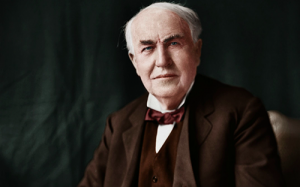
Thomas Edison was an American inventor and businessman, who has been described as America’s greatest inventor. He is credited with developing many devices in fields such as electric power generation, mass communication, sound recording, and motion pictures. These inventions, which include the phonograph, the motion picture camera, and the long-lasting, practical electric light bulb, had a widespread impact on the modern industrialized world. He was one of the first inventors to apply the principles of mass production and teamwork to the process of the invention, working with many researchers and employees. He is often credited with establishing the first industrial research laboratory.
George Washington Carver
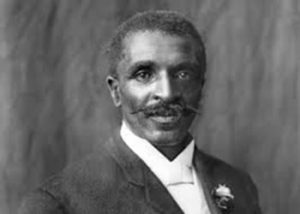
George Washington Carver was an American agricultural scientist and inventor. He actively promoted alternative crops to cotton and methods to prevent soil depletion. While a professor at Tuskegee Institute, Carver developed techniques to improve soils depleted by repeated plantings of cotton. He wanted poor farmers to grow alternative crops, such as peanuts and sweet potatoes, as a source of their own food and to improve their quality of life. The most popular of his 44 practical bulletins for farmers contained 105 food recipes using peanuts. Although he spent years developing and promoting numerous products made from peanuts, none became commercially successful.
Eli Whitney
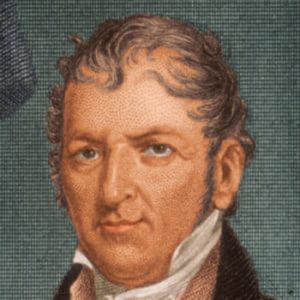
Eli Whitney was an American inventor best known for inventing the cotton gin. This was one of the key inventions of the Industrial Revolution and shaped the economy of the Antebellum South. Whitney’s invention made upland short cotton into a profitable crop, which strengthened the economic foundation of slavery in the United States.
